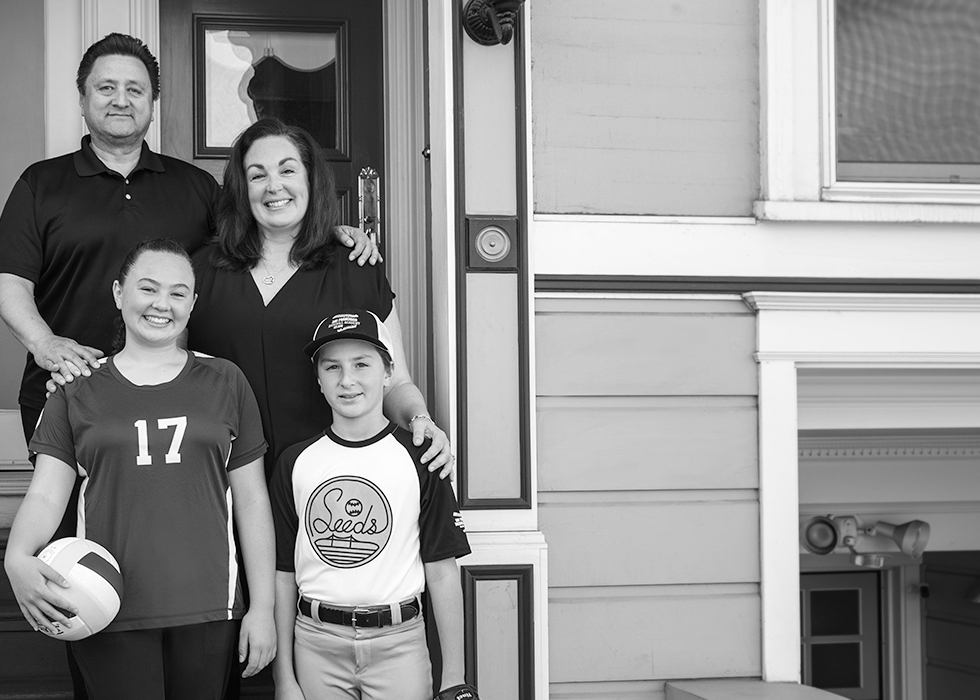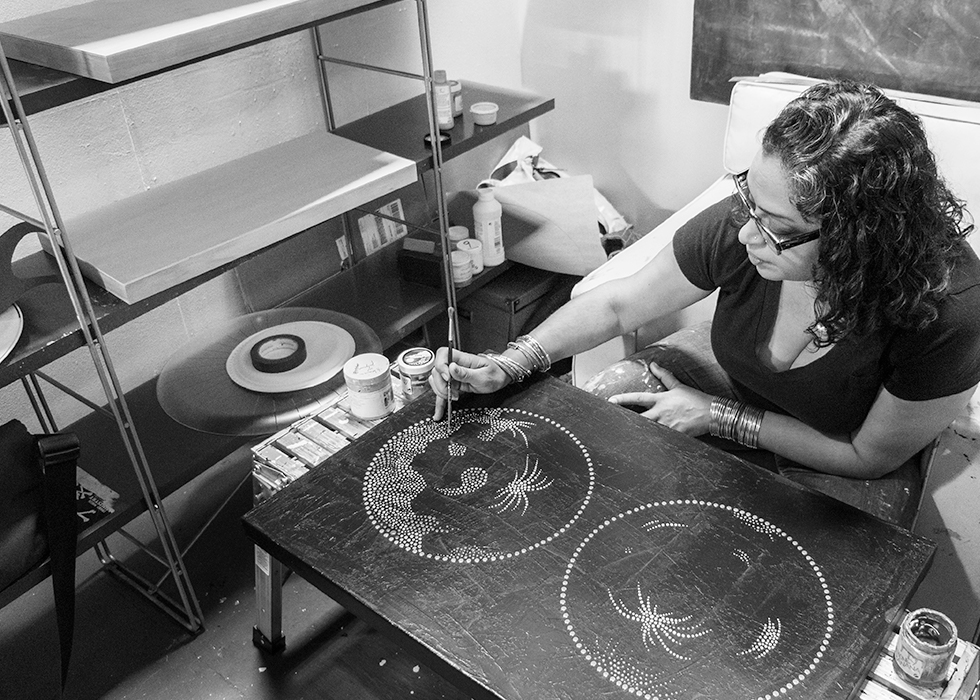Should You Go Solar?
When you own your home, utility bills can be one of your biggest monthly expenses, especially electricity. Average bills will vary throughout the year but tend to rise year over year. Solar power might be worth considering. In addition to creating environmental benefits, solar power savings can help you control or reduce your electricity cost.
Cutting costs on your electric bills could help make your monthly mortgage payment easier, allow you to put more towards high-interest debt, or start saving for things that really matter like vacations or retirement.
Here is some information on solar power costs and possible savings that can help you decide if you should go solar.
How much do solar panels cost?
A Solar Panel system can cost anywhere from $15,000 to $50,000, depending on how big a system you want (how many panels) and if you qualify for any solar panel tax credits or rebates.
When considering an investment in solar panels, factor in your location. Do you get consistent sunlight on your roof? Are there large trees that shade your house for most of the day?
Solar power companies can often calculate how much solar power your system will generate. You should consider whether the potential long-term savings will be worth the costs. You can also consider whether you would like to buy the system outright with cash, finance it with a loan such as a HELOC or a Solar Loan from SF Fire Credit Union, or lease the system.
Lease or buy?
In some cases, you might have the option to lease the solar panels from a solar company rather than buying them (not all solar companies offer this, and it is not allowed in every community).
You might prefer to lease your panels if:
- You don’t qualify for any federal or state solar tax credits (check with your tax advisor on your options)
- You don’t want to worry about maintaining the solar panel system
- You don’t want to spend the cash or take out a loan
Buying might be the better option for you if:
- You want to increase the property value of your home
- You’re eligible for federal or state solar tax credits (if you lease, the solar power company gets those credits, not you)
- You want to maximize your savings on electricity (when you lease, you typically pay a monthly fee to the solar panel company)
Does it affect my mortgage?
Whether you are choosing to lease or finance solar panels, it could raise title questions if you want to finance or refinance the home. But every situation is unique. Be sure to discuss your situation with your real estate loan officer if you’re looking into your home financing options. There are options, but it’s better to discuss them early.
How much do solar panels save?
According to EnergySage, when you own the solar panel system:
- You can save between 40 percent and 70 percent on electricity costs over the lifetime of your solar panel system, depending on your location and what incentives are available in your area
- After making back the cost of your solar panel system, you receive free electricity from your solar energy system throughout its life span (25+ years)
- Every bit of electricity you generate from your system helps decrease what you owe your utility company
When you lease your system:
- Solar leases can help you save between 10 percent and 30 percent off your utility’s electricity prices, depending on your property and the incentives available to the solar power company
- The solar electricity you generate isn’t “free” – you will pay the solar power company a fee for the duration of the lease, although this will still decrease what you owe your utility company
Your savings will also depend on what your local utility will ‘pay you’ for the electricity you generate with your system, and this can vary.
Solar power is becoming more and more common, especially in California, where a new mandate that took effect in 2020 requires most new construction of homes and apartments to incorporate solar power systems. Whether adding a solar power system to your existing home is right for you will depend on how much you might be able to save. You’ll also want to consider whether leasing or buying a system will be best for your needs.




